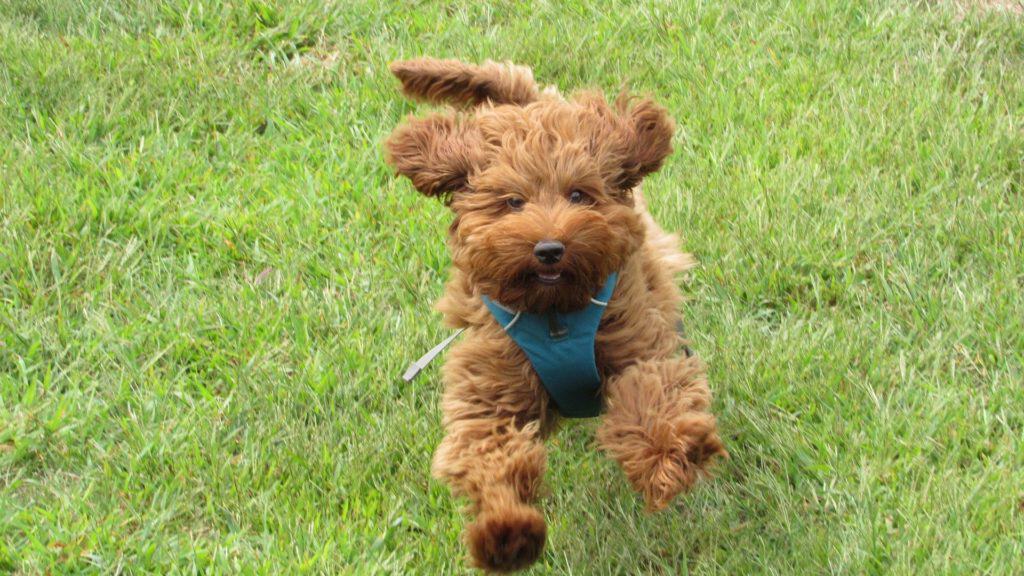
Should guinea/Guinea pig be capitalised? How about chihuahua/Chihuahua and labrador/Labrador? Read on to discover when to capitalise dog breeds and other animal names.
You’re writing an article or book and suddenly your fingers hesitate over the keys or your pen pauses on the paper. Is it golden retriever or Golden Retriever? Alsatian or alsatian? Brent goose or brent goose?
I have your back. Let’s dive into the fascinating world of the capitalisation of animal breeds!
Different style guides
Generic animal names – common nouns – such as ‘cat’, ‘dog’ ‘rat’, ‘ant’ are written in lower case. I think we can all agree on that. However, confusion often arises where particular animal breeds are concerned, especially when an extra word (or two) is added to their name.
Capitalisation can vary depending on the style guide you’re following, and some organisations choose to capitalise all breeds. The American Kennel Club and UK Kennel Club, for example, capitalise the initials of both words in all dog-breed names (e.g. Golden Retriever, Basset Hound). At the other extreme, The Guardian prefers to use lower case for many dog breeds, even if the name contains a proper noun (e.g. alsatian, jack russell, doberman, but Irish setter, German shepherd. This seems very inconsistent to me.).
If you’re sticking with one of the most popular style guides, such as the Chicago Manual of Style (CMOS) or the Oxford Style Guide (as in New Hart’s Rules), read on for some definitive advice on the capitalisation of animal breeds.
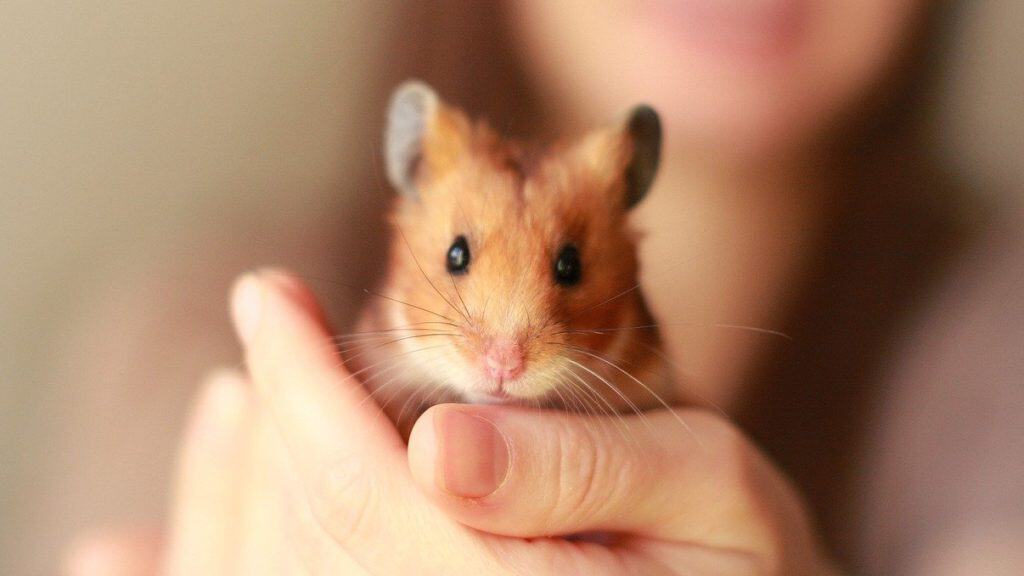
Compound animal names (mostly!)
The second word in a compound (more than one word) animal name is usually in lower case, but the first word can carry an initial capital letter or not, depending on a few factors. Let’s take a look (plus a few single-word names are thrown in too).
Location of origin
If a country, region, town/city, or even an area within a town, is part of the animal name, this word is usually capitalised:
Airedale terrier – A dog originally bred in the valley (dale) of the River Aire.
Alsatian – A dog named after the region of Alsace, where it originated (part of Germany at the time, but now part of France). This is an alternative name for a German shepherd dog in the UK and was first used after World War I by the UK Kennel Club, as it was feared at the time that anti-German sentiment may harm the popularity of the breed. In 1977, after campaigns by dog enthusiasts, the UK Kennel Club registered the breed once more as German shepherd dogs, with Alsation in parentheses. The parenthetical addition was removed in 2010.
Camberwell beauty – A butterfly named after the area in London where it was first spotted.
Canada goose – Named after its Latin ‘proper’ name, Branta canadensis. It is occasionally called a Canadian goose, which feels more correct grammatically, but it is not how the bird is most commonly referred to. Some sources claim it’s not named after the North American country at all (rabbit hole alert!), but after a taxonomist called John Canada, who first identified this bird as separate from other species of goose, but there don’t seem to be many takers for this explanation. If you fancy diving further down the rabbit hole of how the Canada goose got its name, read this article on Henry E Hooper’s blog. For our purposes, rest assured it’s always written with a capital C, regardless of name origin.
Chihuahua – The name of this diminutive dog is capitalised in Merriam-Webster, but it’s in lower case in Oxford style. I’m not sure why Oxford made that decision, as it’s named after a place in Mexico!
Chihuahua – The name of this diminutive dog is capitalised in Merriam-Webster, but it's lower case in Oxford style. I'm not sure why Oxford made that decision, as it's named after a place in Mexico! From: Capitalisation of animal breeds… Share on XDalmatian – This dog originated in Dalmatia, Croatia (ooo, that rhymes!). Note the ‘—tian’ ending, not ‘—tion’. Interestingly, in Merriam-Webster, it’s listed with a lower-case ‘d’, with a note telling us the word is “often capitalised”, but it’s out-and-out capitalised in Oxford style.
French bulldog – This dog first appeared in Paris in the mid-nineteenth century, hence the name.
German shepherd – This dog first appeared at the end of the nineteenth century in Germany.
Labrador retriever – Capital ‘L’ for this popular dog, as it is named after a province in Canada. Note that ‘labradoodle’ – a cross between a labrador and a poodle – is listed with a lower-case ‘l’ in Merriam-Webster, with a note that it is “often capitalised”. It isn’t listed in the New Oxford Dictionary for Writers & Editors, so I’m not sure what the Oxford Style Guide has to say about it.
Maine coon – This cat originated in the state of Maine, US. The word ‘coon’ is commonly thought to be short for ‘raccoon’, but there is another theory, which would mean the ‘coon’ part of the name should be capitalised. The cats on board the ship of a certain Captain Coon were said to have bred with other long-haired cat breeds around the world, giving rise to this breed, but this theory doesn’t seem as popular (or likely) as the ‘raccoon’ one.
Syrian hamster – I just had to get these little guys and gals into the list; what cuties! They’re native to the deserts of Syria, and apparently there are some left in the wild, but not many.
Texas longhorn – If you’re writing about the cattle, you need a capital ‘T’ and lower-case ‘l’. However, if you’re referring to the American football team, Texas Longhorns, don’t forget to capitalise the ‘L’!
Person’s name
If an animal is named after the person who first described or bred the species, that part of the name is usually capitalised. Here are a few examples:
Doberman (pinscher)/Dobermann – First bred by German tax collector Karl Friedrich Louis Dobermann, this dog’s name has dropped the second ‘n’ in US English. Merriam-Webster lists it as ‘Doberman pinscher’, also ‘Doberman’. The Oxford style guide spells it ‘Dobermann’, although ‘Doberman’ is accepted in other UK style guides, and ‘pinscher’ is usually dropped in UK English.
Jack Russell terrier – This popular dog is named after Reverend John ‘Jack’ Russell, a keen fox hunter and breeder of hunting dogs in England during the nineteenth century.
Pallas’s cat – Named after the naturalist Peter Simon Pallas who first described the species, this cat is originally from the plains and steppes of central Asia.
Steller’s jay – This bird is found on the Pacific coast. However, American birds named after people are down for renaming by the American Ornithological Society (AOS), in a bid to be more inclusive and focus on the birds themselves, rather than the people who discovered them.
Description (colour, behaviour, appearance)
If animals are named after how they look or behave, capitals aren’t needed. Here are a few examples:
basset hound – The first word of this dog’s name is derived from the French word bas, meaning ‘low’, and the suffix -et, which modifies the meaning to ‘rather low’. Note the single ‘t’ at the end (it is not named after Bertie Bassett).
basset hound – The first word of this dog's name is derived from the French word bas, meaning 'low', and the suffix -et, which modifies the meaning to 'rather low'. Note the single 't' at the end (it is not named after Bertie Bassett).… Share on Xbrent goose (‘brant’ in US English) – ‘brent’ comes from the Anglo-Saxon word for ‘burnt’, referring to the bird’s smoky-coloured plumage. There is a link with the proper noun ‘Brent’, but the oilfield is named after the geese, not the other way round!
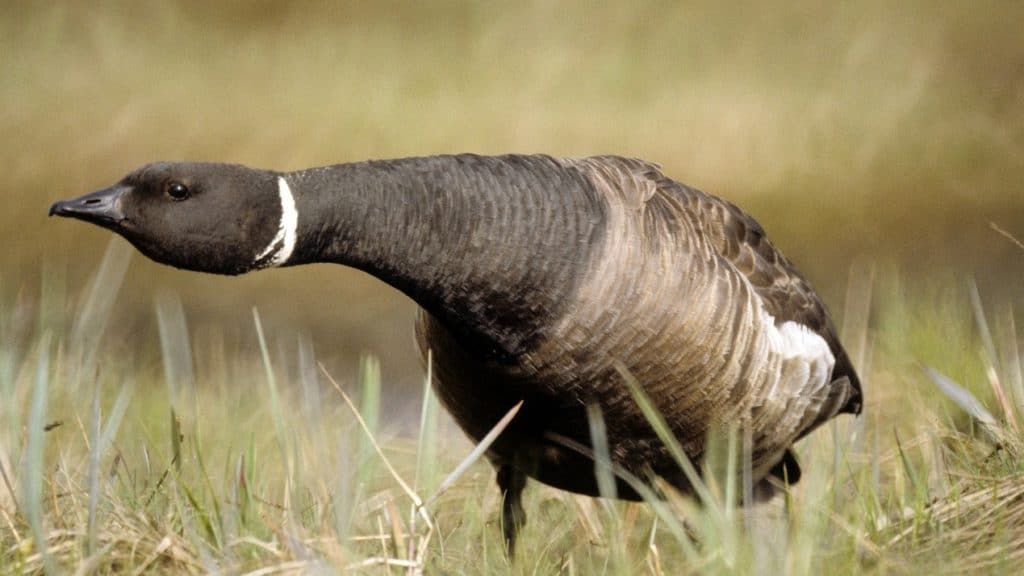
lesser spotted woodpecker – The name of this bird describes its size and plumage. It’s a common mistake to assume that ‘lesser spotted’ means either ‘fewer spots’ or ‘less commonly seen’. It refers, in fact, to the size of the bird. The lesser spotted woodpecker is smaller than the greater spotted woodpecker. If the name carried either of the other two meanings, strictly speaking it would need a hyphen. Regardless, no capitals here!
crab spider – This arachnid is so named due to the way it moves and the arrangement of its legs, which resemble a crab.
cuckoo bee – This name is used not for just one bee species but a few. They lay their eggs in the nests of other bees, similar to the behaviour of a cuckoo, hence the name.
little owl – Some people prefer to capitalise such common descriptors in animal names to distinguish between the breed name and an owl that happens to be small in stature. However, in Merriam-Webster, it is listed in lower case.
red deer – So named due to its reddish-brown coat. Nice and simple, and no capitalisation required!
Exceptions and outliers
guinea pig – Lower-case ‘g’, even though you may assume these animals are named after ‘Guinea’. However, this is very unlikely, and it seems no one knows for sure why they are called ‘guinea pigs’. One theory is that you could buy them for a guinea (an old British coin) back in the day, but they had their name long before the coin was minted, so that theory’s out the window. Another possibility is that they are originally from Guyana, and the name got corrupted over time. This latter theory seems likely, as they do originate from South America. We may never know for sure. Just write it using lower case and don’t ask.
Shiba Inu – The name of this dog breed is from the Japanese for ‘brushwood’ and ‘dog’, so no proper nouns, but capitalised, nonetheless.
Old English sheepdog – ‘Old’ is not a proper noun, but the ‘O’ is always capitalised for this breed to avoid confusion (otherwise, it could be referring to an old sheepdog from England). Note The Guardian style guide suggests ‘old English sheepdog’, but they also recommend ‘alsatian’, ‘jack russell’ and ‘yorkshire terrier’, so I’m not sure we should pay much attention.
Names of pets and other animals
Yes, they’re capitalised. “Come here, Rover!”
If a common noun for an animal (dog, cat etc.) is used as a name, it is capitalised. Think of Rabbit and Piglet in the Winnie the Pooh stories: “Yes,” said Piglet, “Rabbit’s clever.”
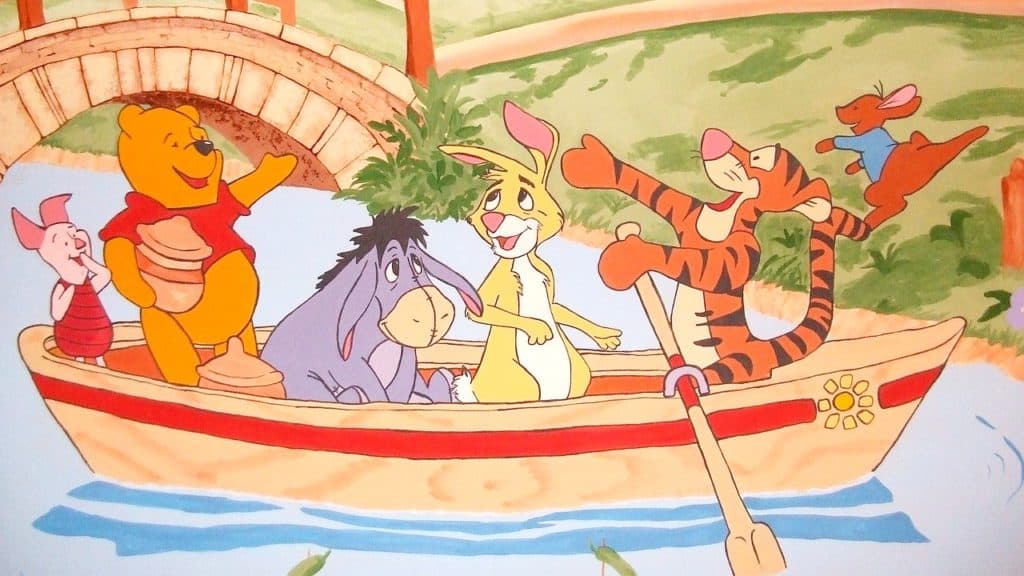
It may seem more complicated when the animal’s name and the type of animal are used at the same time. But there’s a simple rule. If the type of animal is part of the official animal’s name, use an initial capital, e.g. Felix the Cat. If the type of animal is not part of the animal’s name, use lower case, e.g. Garfield the cat.
Latin names (binomial system)
This article is focused on English common names of animals, but it wouldn’t be complete without a quick mention about the capitalisation of the Latin names for species.
If you’re writing a binomial (two-part) species name, use italics and capitalise the initial of the first word (genus), followed by a lower-case specific name, e.g. Mesocricetus auratus (Syrian hamster).
In summary
So, what have we learnt about the capitalisation of animal names? The rule of thumb, unless you’re writing for The Kennel Club, another organisation dedicated to animals, or The Guardian, use lower case unless the breed name contains a proper noun.
However, there are exceptions to this rule, and, depending on which style guide you’re following, rules vary. So, always check the relevant style guide, and, don’t forget, an experienced editor or proofreader can help you!



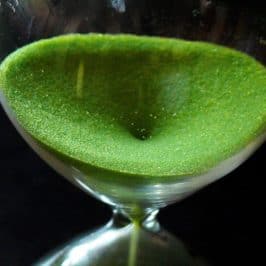

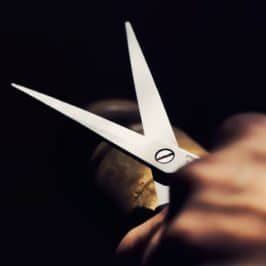


Tracked changes and comments in Word: pro tips for authors (with videos)
Discover how to easily work with your editor's tracked changes and comments in Word, including...